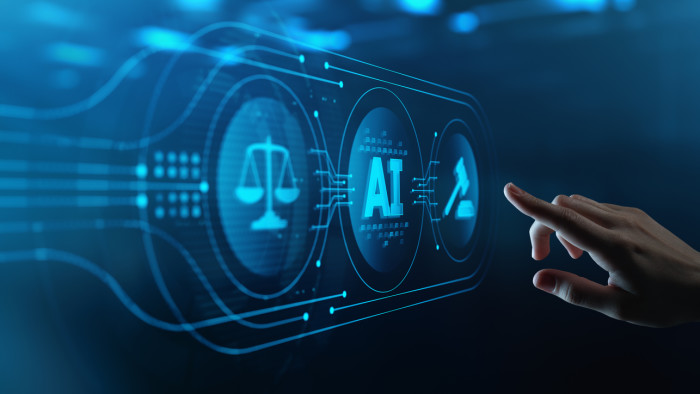
On this page
At Fair Trials Europe (FTE), we aim to ensure the digitalization of the justice system is fair, inclusive and aligned with human right standards. Therefore, FTE participated in the open consultation on the Digital Justice Strategy for 2025-2030 organised by the European Commission.
The proposed strategy builds on the Commission’s previous digitalisations efforts. At this stage, the EC is gathering proposals, opinions and evidence to develop a new strategy that will allow justice systems benefits from digitalisation faster and more efficiently.
The aim of the strategy is to:
- increase the efficiency of the justice systems while safeguarding and strengthening all parties’ rights;
- enhance justice quality; and
- increase access to justice.
We, at Fair Trials Europe, have submitted an input to this consultation recognizing the significant opportunities digitalisation presents, particularly with respect to cross-border cases. We stressed that FTE has long held that any digitalisation efforts should seek to uphold EU standards on defence rights, including those enshrined in the six EU Procedural Rights Directives and the Charter of Fundamental Rights.
Our submission drew upon our previous work in the field and on the extensive body of research on the topic. We focused on some of the key issues that have so far appeared in relation to different aspects regarding digitalization in the justice sector.
Videoconferencing
Videoconferencing is an instrumental tool in enabling access to justice. However, according to our research on remote criminal justice proceedings, videoconferencing poses specific challenges in practice, particularly regarding a defendant’s right to confidential communication with their lawyer before and during a hearing. It’s also essential that these digital tools facilitate, rather than hinder, effective participation. We also recommend that videoconferencing technology should allow for easy sharing and reviewing of evidence presented during a hearing.
Access to translation and interpretation
Imagine being in a legal proceeding without understanding a single word being said. Digital tools have the potential to provide immediate access to high-quality interpretation and translation services. However, Fair Trials warns that remote interpretation services can lead to a loss of essential non-verbal cues, which are vital for accurate interpretation.
Also, digital tools can and should be used to make procedural rights like access to case files or legal counsel more accessible through multilingual forms. Think about a “Letter of Rights” available digitally and in print, ensuring everyone understands their rights in their own language.
Electronic access to case file
Technology presents ample opportunities to provide easier access to casefile, through digitalised case files and a digitalised system of exchange of information, particularly in cross-border proceedings. We encourage development of such systems but stress the fact that there are specific vulnerabilities relating to external threats, privacy concerns and storage of data.
Access to legal representation
Digital tools should be used to exchange information such as lists of available on-duty lawyers and how to apply for legal aid. They can also be used to set up transparent systems to appoint legal aid lawyers and to oversee the work of these lawyers.
Artificial intelligence in criminal proceedings
We stress the fact that there are serious risks of biased outcomes and discrimination resulting from the use of automated decision-making and Artificial Intelligence (AI) in criminal justice. Therefore, we consider that AI systems should be subjected to clear transparency and accountability standards and should be tested by an independent body both before and after deployment within criminal justice systems. Moreover, any predictive or risk-assessment AI tools targeting individuals should not infringe upon the presumption of innocence. We believe that AI systems designed which to profile, predict, assess risk or otherwise pre-designate an individual as a criminal before trial must not be allowed in criminal justice.
Ensuring no one is left behind: Training and infrastructure
Finally, any digital justice strategy must acknowledge and address the varying levels of digital expertise and infrastructure across different regions and communities. Fair Trials Europe stresses that the strategy must include concrete measures to mitigate these disparities, ensuring that digitalization truly serves everyone. We should also keep in mind the specific needs of neurodivergent individuals and people with disabilities and provide specific accommodation.


